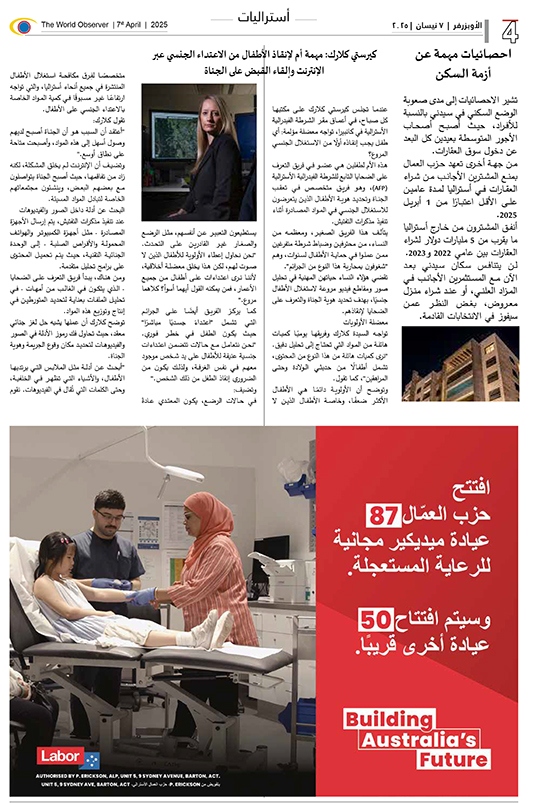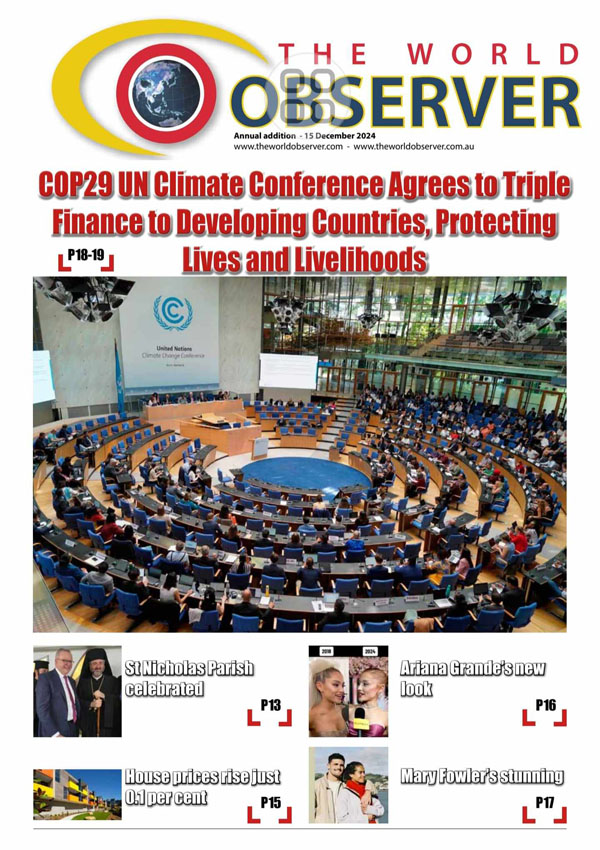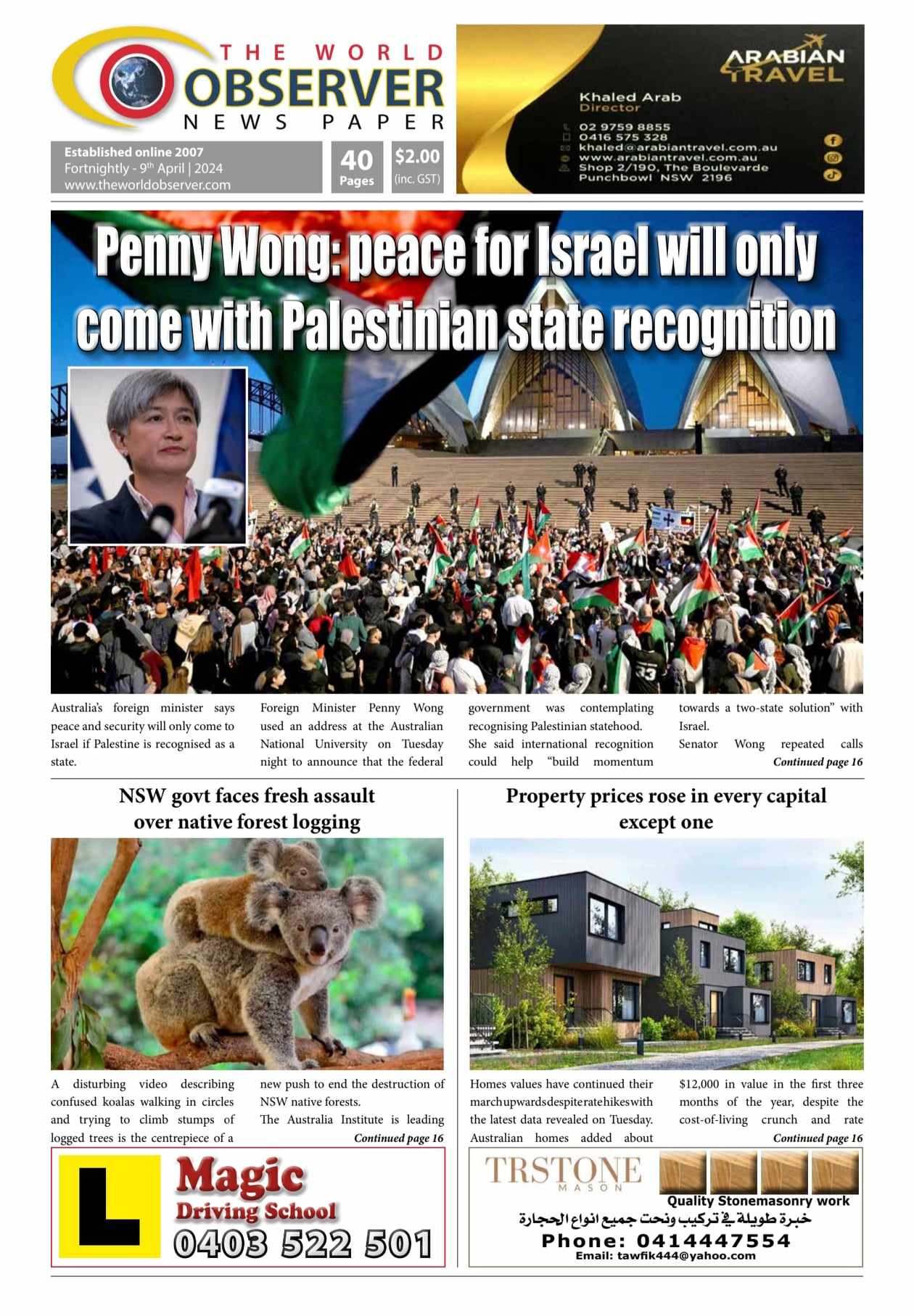
More than half of young Australian women have been victims of sexual crimes, according to shocking new figures showing the scourge of violence across the nation as much higher than previously reported.
New prevalence rates show 51 per cent of women aged in their 20s, 34 per cent in their 40s, and 26 per cent of women aged between 68-73 have been sexually assaulted.
Survivors of sexual violence are up to 45 per cent more likely to experience high levels of financial stress and hardship, report poorer mental health, and live with chronic health conditions.
The research by Australia’s National Research Organisation for Women’s Safety also found women in their 20s and 40s who were sexually assaulted as children experienced domestic and physical violence as adults at double the rate.
Social Services Minister Amanda Rishworth will on Thursday launch the report for the Women’s Health Forum remotely, due to the federal government’s jobs and skills summit kicking off in Canberra that same day.
In a speech, she will say the “simply unacceptable” statistics paint a grim picture of the “scourge on our society”.
“The Albanese government is seeking nothing short of complete change in the way women feel they can move about in their world, as a basic human right,” Ms Rishworth will say.
“I am deeply passionate about this issue and I will continue to push the national dialogue towards the change we need to see.”
The research calls for a nationally consistent definition of sexual violence, with current data not capturing the true prevalence of assault across communities.
Ms Rishworth says the ongoing and intergenerational impacts of domestic and family violence need to be further considered, with previous data showing children exposed to violence are almost five times more likely to need mental health support by age 18.
The minister and her state and territory counterparts plan to release the next National Plan to End Violence against Women and Children by October.
She said the plan would aim to ensure victim‑survivors are supported through trauma-informed, culturally safe and accessible services that support long-term recovery.
1800 RESPECT (1800 737 732)
Lifeline 13 11 14






































 The World Observer Media produces a daily online newspaper, a daily Arabic online newspaper and a monthly printed Arabic/English magazine and a weekly printed Arabic/English newspaper.
The World Observer Media’s mission is to entertain and educate all generation from the Ethnic Communities in Australia, who are interested in local, national and foreign information.
The World Observer Media produces a daily online newspaper, a daily Arabic online newspaper and a monthly printed Arabic/English magazine and a weekly printed Arabic/English newspaper.
The World Observer Media’s mission is to entertain and educate all generation from the Ethnic Communities in Australia, who are interested in local, national and foreign information. 


